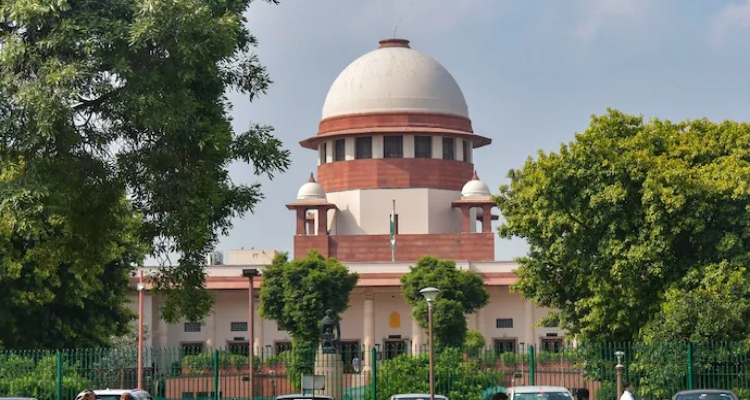
The Supreme Court declined to entertain a public interest litigation (PIL) challenging three new criminal laws intended to replace the Supreme Court Rejects PIL Challenging Three New Criminal Laws
The demands of the PIL
This PIL was filed by Vishal Tiwari, and through his plea, he contended before the apex court that the three new criminal laws suffer from many “defects and discrepancies.” The three new criminal laws he talks about in this petition are the Bharatiya Nyaya (Second) Sanhita (BNS), the Bharatiya Nagarik Suraksha (Second) Sanhita (BNSS), and the Bharatiya Sakshya (Second) Act (BSA). On December 21, 2023, the Lok Sabha approved three significant pieces of legislation, and President Droupadi Murmu gave her assent to these bills on December 25, 2023. These three pieces of legislation are meant to replace the old British colonial-era Indian Penal Code (IPC), the Code of Criminal Procedure (CrPC), and the Indian Evidence Act (IEA) of 1872.
In his Public Interest Litigation (PIL), the advocate sought that the Supreme Court direct the Government of India to immediately form an expert committee. This committee would be chaired by a former Supreme Court judge and include judges and senior advocates as members, tasked with examining the three new criminal laws. Tiwari also sought a direction from the Supreme Court for the expert committee to evaluate, assess, and determine the viability of the three new criminal laws: the Bharatiya Nyaya Sanhita (BNS) 2023, the Bharatiya Nagarik Suraksha Sanhita (BNSS) 2023, and the Bharatiya Sakshya Act (BSA) 2023.
“Lawyers may face challenges in interpreting and navigating these complexities, potentially leading to delays and legal uncertainties,” he further said in his plea.
The Court’s Ruling
A vacation bench of Justices Bela M. Trivedi and Rajesh Bindal noted that the new Acts have not yet been implemented and criticized the petition for being filed in a casual and cavalier manner. Consequently, on Monday, the Supreme Court declined to entertain the plea requesting a direction to the Center to halt the operation and implementation of the three new criminal laws.




